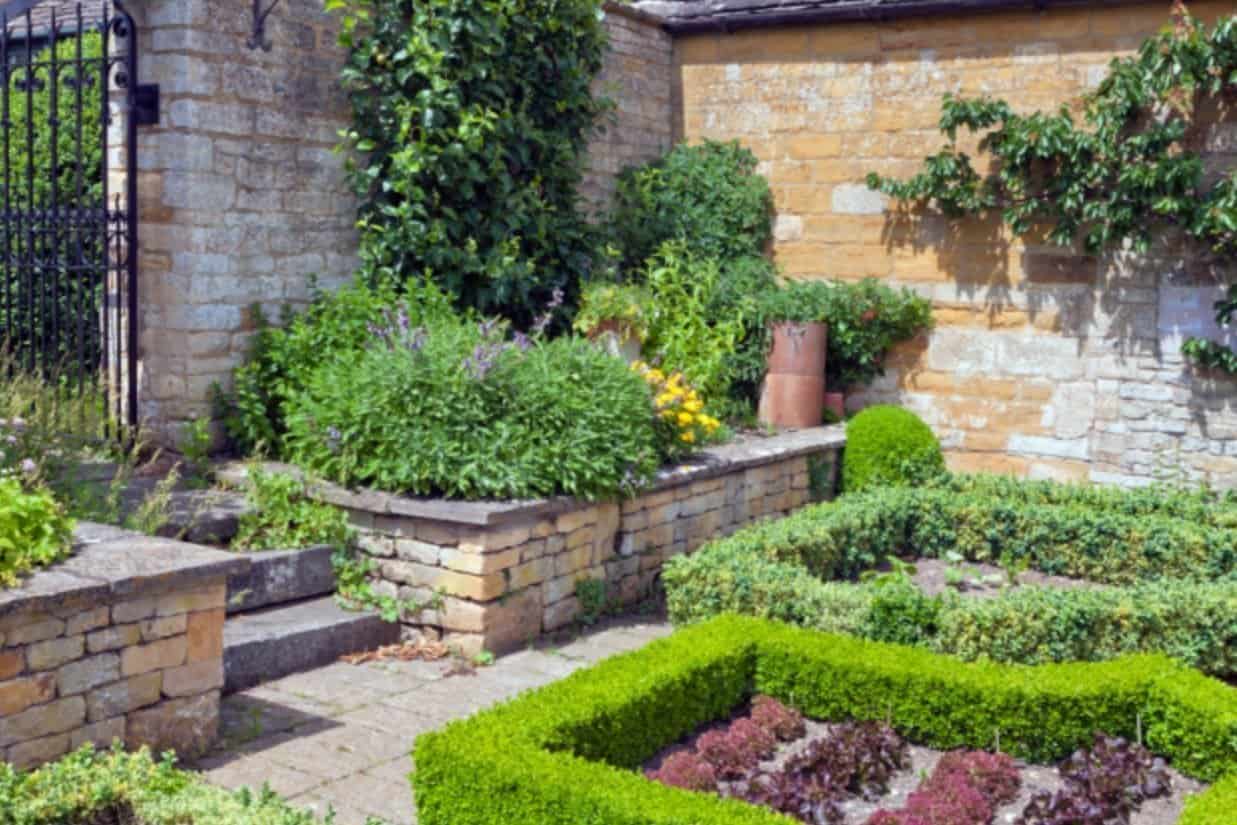AD | Featured / Affiliate Links
Calling all parents with green thumbs! You’ll be happy to hear that edible gardens are coming back in style in a big way with the young folks, and for all the most fantastic reasons too! It’s been discovered that edible gardens inspire kids to eat their greens, and develop healthy eating habits that will follow them through life. Here’s what you’ll need if you’re looking to put together your own family herb and veggie garden.
1. Irrigation
Investing in irrigation supplies means investing in the lifeblood of your green space. Whilst you may think that the first step when it comes to planning out any long-term garden is deciding where you’d like to plant what, you’ll be surprised to hear that your garden’s layout isn’t your decision. Well, not entirely. Your irrigation system will greatly determine which plants are placed together. There are a great variety of edible crops that you can utilise in your garden, and all these plants need to be cared for in different ways.
Whilst shrubs like rosemary and lavender require very little water, some fruit trees and berries (like blackberry bushes) need to be kept moist at all times. General spray or sprinkler irrigation is fine for most low-growing herbs and veggies, but for fruit trees and your other more thirstier plants, a drip irrigation system can aid in ensuring that your plants receive enough water without saturating them.
Drip irrigation systems can also ensure that your garden stays hydrated with less water waste, as the drip system delivers water right to a plant’s roots. This is also ideal for ensuring your fruit trees don’t lose any fruits or leaves prematurely due to rot, which has been known to happen from using sprinklers, or from excess precipitation during the winter season.

2. Compost
When you’re looking to promote healthy eating, you may as well go that little bit extra and introduce your little ones to the wonders of sustainable living too. Adopting a zero-waste, sustainable lifestyle can be as easy as introducing composting into your garden. This useful addition can serve two fantastically positive purposes. First of all, composting is a fantastic method of feeding your garden independently, without having to buy costly fertilisers. It’s a low-effort, high-reward situation, especially when it comes to maintaining edible gardens. Secondly, composting with your kids will definitely transform the way your kids view their own waste.
In a world where landfills are getting so immense that they’re producing more methane than cows and corporations, it’s becoming crucial that the next generation engages with and adopts sustainable practices. Composting can provide your children with the much-needed foundation upon which they can continue to develop sustainable alternatives to our modern, industrial problems. It all starts here!
3. Functionality
Finally, it goes without saying that the best edible gardens are equally functional spaces, that not only invite your children to play and explore, but also engages them critically. Sydney-based gardener and green business owner, Steve Webb, states that all the best edible gardens utilise both interactive and sensory elements alongside the garden’s edible nature. Steve says that the most minimal positive outcome of your edible garden should be the actual consumption of your produce.
There are so many more positives that you shouldn’t neglect, spanning from teaching, learning, pruning, trimming, harvesting, cooking, making, and also growing in every sense of the word. Steve also advises families to put a little more detail into their gardens, maybe by installing stepping stones to form a continuous pathway and a vertical focal point like a small tower or a sculpture or a little water feature. You want your garden to have an atmosphere or even a story. If you’re able to cultivate this, you’re guaranteed to have a space that your children will be enchanted by for years to come.
So there you have it, a surefire way of setting up your very own edible garden with the kids. This will truly be a worthwhile project that will be sure to provide your family with not just a cornucopia of wholesome, homegrown fresh foods, but also a variety of educational and experiential tools that you and your family can utilise for years to come. Instilling the importance of nutrition and consuming whole foods on your children at a young age will set them up for a lifetime of healthy habits. Tend the soils now, and reap your rewards when they’re ready.
Happy planting!































No Comments